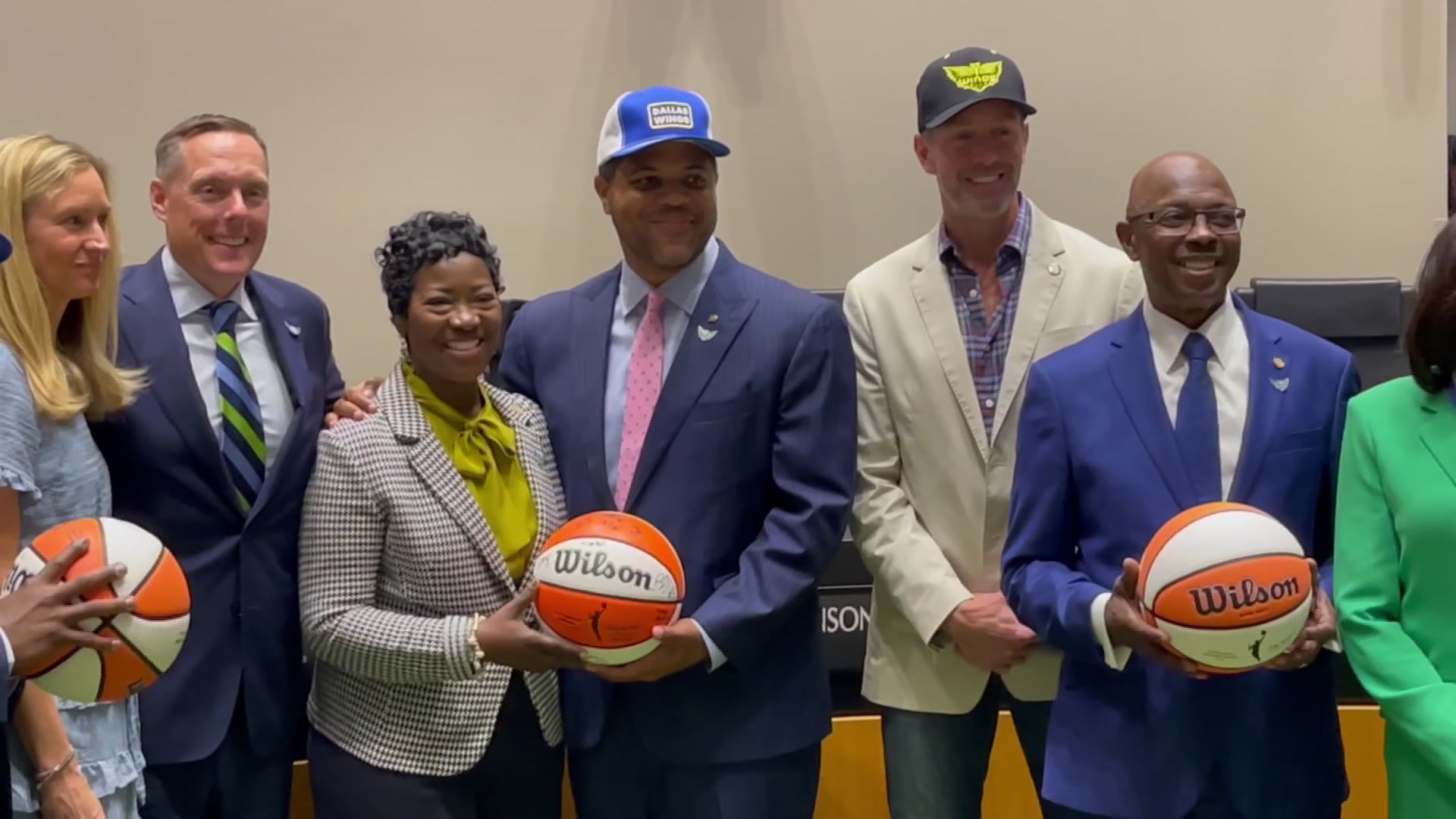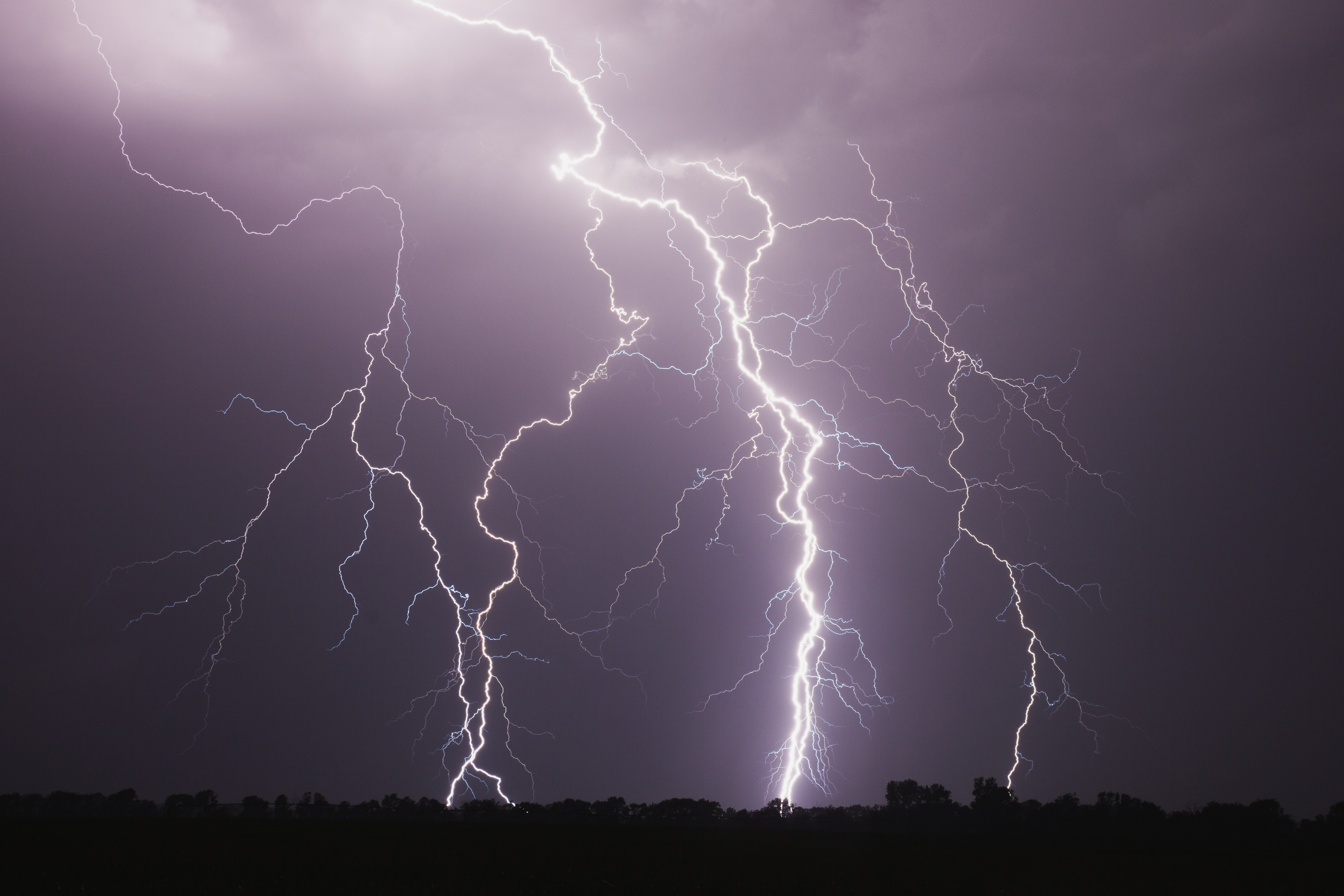A federal appeals court will hold a new hearing on whether a Texas voter ID law has discriminatory effects on minorities -- a potential blow to the Obama administration's efforts to fight new ballot-box restrictions passed by conservative legislatures around the country.
A three-judge panel of the 5th U.S. Circuit Court of Appeals in New Orleans ruled in August that the 2011 Texas law requiring 14.6 million registered voters to show picture identification at the polls violates parts of the federal Voting Rights Act. But an order issued late Wednesday says a majority of the full court, which currently has 15 members, voted to hear the case again.
The order was issued without additional opinion, and a new hearing date hasn't been set.
Texas was allowed to enforce the voter ID law during elections in 2014 and during last week's primary. Supporters say it prevents fraud, but opponents argue its true intent is to make voting tougher for older, poor and minority voters who tend to support Democrats and are less likely to have the mandated forms of identification.
In a statement, state Attorney General Ken Paxton called the order "a strong step forward in our efforts to defend the state's Voter ID laws."
"We look forward to presenting our case before the full Fifth Circuit," said Paxton, a Republican who has been indicted on felony securities fraud charges stemming from actions he took before becoming attorney general in January 2015.
The Justice Department joined the voter ID case, as it has in other states, arguing that the law would prevent as many as 600,000 voters from casting a ballot. There was no immediate comment from the department after the order was issued.
Local
The latest news from around North Texas.
Other Republican-controlled states, including Wisconsin and North Carolina, have passed similar voter ID measures, but the Texas law is widely viewed as one of the nation's toughest. It requires one of seven forms of approved identification, but unlike other states with voter ID restrictions, Texas doesn't recognize university IDs from college students. It does, however, accept concealed handgun licenses as proof of identity.
Free voting IDs are available from the state, but opponents have said getting those cards still put underlying financial costs on voters, such as paying for birth certificate copies and travel.
While there have been anecdotal reports of confusion in the Texas elections held while enforcing the law, there haven't been widespread issues with people being unable to cast ballots because they lacked proper identification.
Democrats and minority rights advocates had early success in blocking the law. However, after the U.S. Supreme Court struck down the heart of the Voting Rights Act in 2013, the path was cleared for Texas to enforce the new restrictions.
Section 5, one of the parts of the act that the high court nullified, had forced certain state and local governments -- including Texas -- to get pre-clearance from federal authorities before changing voting laws to ensure they were free of discrimination.
Without that provision, opponents of the voter ID law had to meet the higher threshold under Section 2 of the Voting Rights Act of proving the law discriminated against minority voters.



